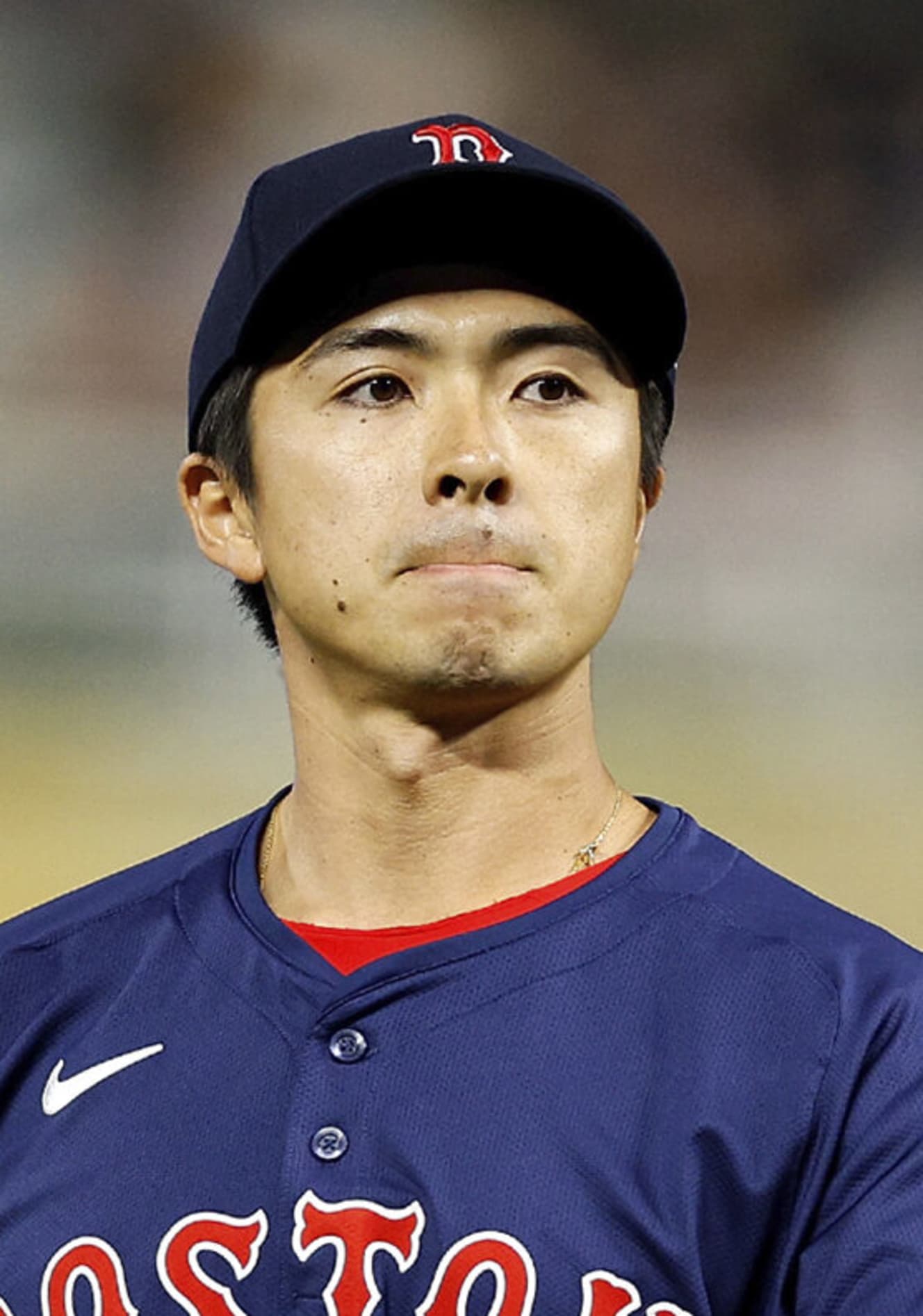Hokkaido Nippon-Ham Fighters Regret Lack of Interest in Naoyuki Uwasawa’s Departure
“Naturally, I thought he would come back to us.”
Whether Naoyuki Uwasawa will be able to perform immediately upon his return to Japanese baseball remains uncertain

Naoyuki Uwasawa, who joined Nippon-Ham in 2011 as a 6th-round draft pick from Senshu Matsudo High School, has been a standout pitcher, earning his first professional win after just three years and making three All-Star appearances. After using the posting system to sign with the Tampa Bay Rays last offseason, Uwasawa was traded to the Boston Red Sox just before the season began.
“In Japan, he has accumulated 70 career wins, but in Major League Baseball, he only pitched in two relief appearances before the season ended. He felt the immense level of competition in America and was deeply disheartened,” said a Nippon-Ham executive.
In September of this year, Uwasawa suffered a right elbow injury and, upon returning to Japan, focused on rehabilitation and training while seeking his next team for the upcoming season.
“From the beginning, he had his sights set on a domestic transfer. Of course, we (Nippon-Ham) extended a return offer, hoping he would come back. Our manager, Tsuyoshi Shinjo, who was the most supportive of Uwasawa during his time abroad, even sent a message to fans through social media, saying, ‘Please watch over Naoyuki Uwasawa. He will make us proud!’ Even though we knew letting him go would hurt the team’s strength, it felt right for him to return under Shinjo’s leadership, who willingly let him go with a heavy heart,” the executive added.
However, Uwasawa himself didn’t show any interest in returning.
“He had decided to join the team offering the best salary conditions. Consequently, with their financial strength, SoftBank secured his services,” the executive explained.
This situation mirrors that of Kohei Arihara, who also returned to Japan after a stint in the Majors. Arihara left for the Texas Rangers in 2020 via the posting system but returned to SoftBank after just two years with a three-year contract worth 1.2 billion yen, sparking what fans dubbed the ‘Arihara-style FA.’ Now, Uwasawa has taken a similar path, doing so within just one year, and unlike Arihara, who brought a substantial transfer fee, Uwasawa’s minor league deal yielded little in terms of compensation.
“Fans and the team have every right to be frustrated,” the sports writer added with a laugh.
Strict Budget Control
Why did Nippon-Ham allow the “Arihara-style FA” to occur twice?
“Nippon-Ham is extremely strict with budget management. While other teams with ample financial resources may go over budget to show respect to their club legends by offering generous salaries, Nippon-Ham does not provide any special treatment or additional offers. Instead, the focus is on rewarding young stars like Chusei Mannami (24), who had a standout season, by significantly increasing their salaries.
That said, it’s only natural for players to evaluate their worth based on the contracts and offers they receive. Once a player enters into a posting agreement, their contract with their former team is effectively terminated. Therefore, there is no obligation for them to return. Uwasawa’s departure may seem morally questionable, but it is not a breach of rules. Players shouldn’t be unfairly criticized solely based on their decisions,” explained a Pacific League club executive.
For Uwasawa, his decision to sign with the highest-paying club was straightforward, facilitated through his agent. However, it appears that he didn’t fully consider the emotions of the Nippon-Ham fans who had warmly sent him off when he left for the majors, making the situation all the more bittersweet.
PHOTO: Kyodo News